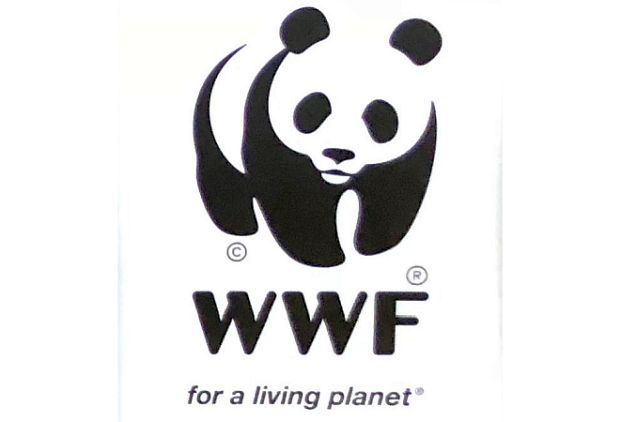KOTA KINABALU: Environmental issues, mitigations and solutions might affect how voters pick their leaders come Nov 29, suggests a month-long World Wide Fund for Nature (WWF) Malaysia study.
The study, conducted across the state, showed that over 90% of respondents across all age groups and zones reported being affected by environmental issues in some way, and more than 90% declared that these concerns will influence their vote.
WWF-Malaysia said, in a statement last week, that this was not a niche issue for a select few; it was a mainstream concern that has become a key factor in Sabah’s political landscape.
This unprecedented level of public engagement is a clear mandate for change and a powerful message to current and future policymakers, it said.
It said Sabah is globally recognised for its rich biodiversity and natural beauty and has made significant strides in conservation and sustainable land use.
“Yet, like many places, it faces growing pressures – from climate change to unsustainable development – that threaten hard-won environmental gains,” said the WWF-Malaysia.
It said this as Sabah prepares for the upcoming state election, voters are concerned about the environment, economic resilience, job opportunities, and quality of life.
This is a pivotal moment to champion a green economy and sustainable development pathways that protect nature while securing long-term prosperity for all Sabahans, it said.
As a science-based, non-partisan organisation legally registered in Malaysia, WWF-Malaysia said it has been working alongside government agencies, communities, and partners to support conservation and sustainable development efforts in Sabah since the 1970s.
From this survey, it is clear that while the top overall environmental concerns were consistently deforestation, waste management, and extreme weather (climate change), it also highlighted specific, localised challenges that require tailored solutions.
In the Northern Zone (Kudat–Kota Marudu–Pitas region), residents expressed concern over the impacts of extreme weather and the degradation of coastal and marine ecosystems.
These concerns reflect the need for stronger safeguards against unsustainable development activities that may affect marine biodiversity and the livelihoods of coastal communities, WWF-Malaysia said.
It said the West Coast Zone (Papar–Kota Kinabalu–Kota Belud region) expressed strong concern about greenhouse gas (GHG) emissions, reflecting heightened awareness of climate change and its long-term impacts.
This concern also aligns with calls for better management of urban and industrial development to reduce air pollution and promote cleaner, healthier environments.
Respondents in the East Coast Zone (Beluran–Sandakan–Semporna–Tawau region) highlighted a range of environmental concerns, including deforestation, extreme weather events, human-wildlife conflict, and the degradation of natural habitats.
There is also growing awareness of pollution issues, particularly plastic waste, which affects people and the terrestrial and marine environments, reflecting the need for integrated policies that balance development with environmental protection and community well-being.
In the interior Keningau-Beaufort-Tenom-Tambunan regions, respondents identified extreme weather, deforestation, and waste management as their top environmental concerns, reflecting the region’s growing awareness of the need for sustainable land use and for improved waste infrastructure to support environmental health and community well-being.
These localised issues, from forest clearing in the Interior Division to plastic and other waste polluting the seas along the East Coast, demonstrate that environmental problems are not abstract concepts, but tangible realities that affect daily life and well-being.
WWF-Malaysia said the survey’s findings are a clear call to action for specific, on-the-ground interventions.
“Perennially plagued by challenges such as flash floods and landslides, Sabah continues to grapple with the complex interplay of factors, including changing climate patterns, land-use pressures, and environmental degradation,” it said.
It said the tragic loss of 13 lives during the September floods and landslides is a stark reminder of the urgent need for more integrated and forward-looking development planning.
“The power to shape a safer, more sustainable future lies in our collective hands – one vote at a time,” said WWF-Malaysia.
In short, Sabahans want stricter environmental standards, stronger enforcement of existing laws, effective management of protected areas, improved recycling and waste management systems, and new legislation to curb deforestation.
These reflect a comprehensive and actionable agenda that demands political will and long-term commitment, offering policymakers a clear mandate that Sabahans expect decisive leadership and meaningful action on environmental governance.







